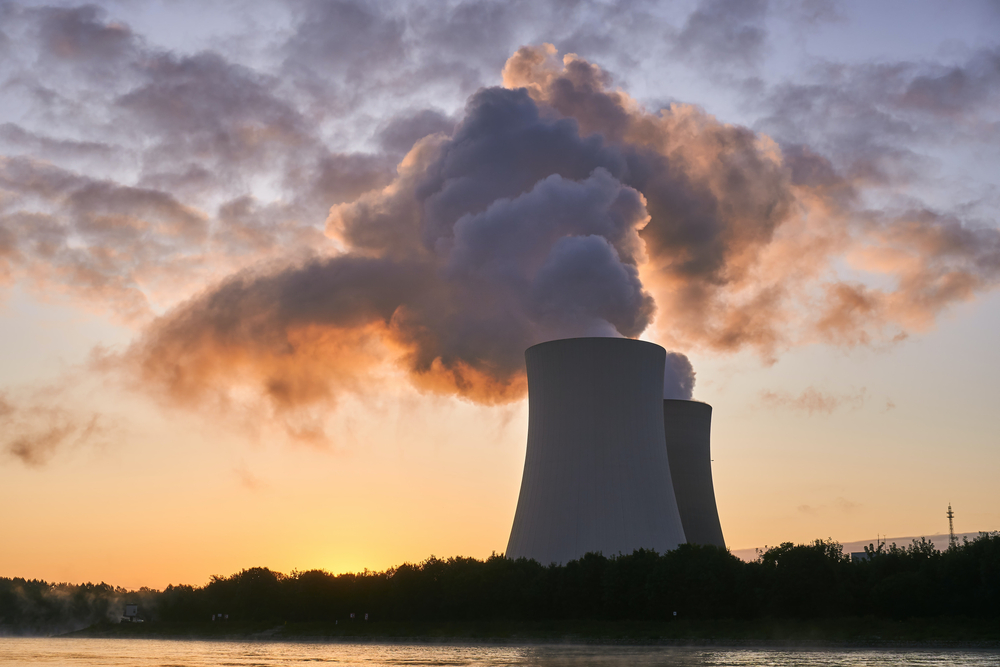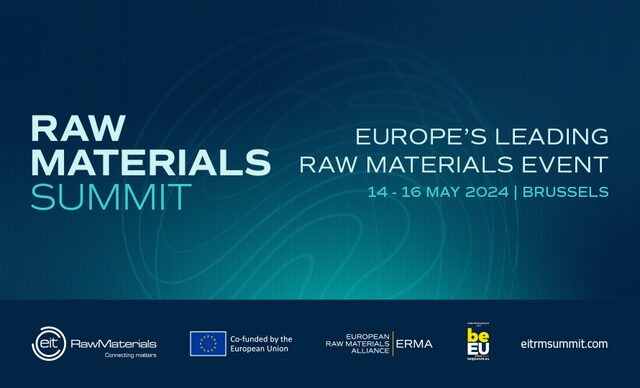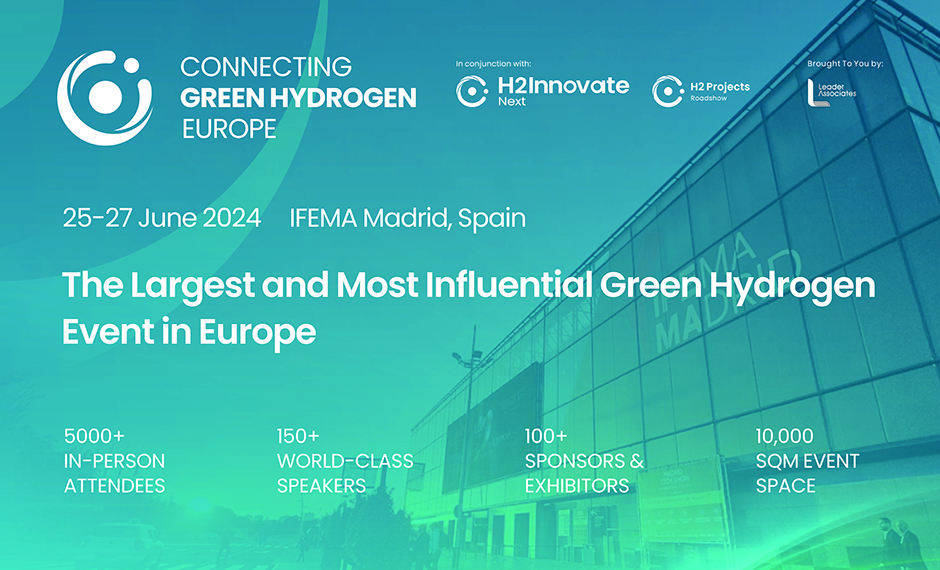
The European Parliament has voted to include nuclear and natural gas as environmentally sustainable economic activities under the European Commission’s Taxonomy Delegated Act.
The Commission believes there is a role for private investment in gas and nuclear activities in the green transition and has therefore proposed the classification of certain fossil gas and nuclear energy activities as transitional activities contributing to climate change mitigation.
The Taxonomy regulation is part of the Commission’s action plan on financing sustainable growth and aims to boost green investments and prevent ‘greenwashing’.
“The inclusion of certain gas and nuclear activities is time-limited and dependent on specific conditions and transparency requirements,” it said.
278 MEPs voted in favour of the resolution, 328 against and 33 abstained. An absolute majority of 353 MEPs was needed for Parliament to veto the Commission’s proposal. If neither Parliament, nor Council object to the proposal by 11 July 2022, the Taxonomy Delegated Act will enter into force and apply as of 1 January 2023.
“The European Commission cannot ignore the large-scale, cross-party objection to the Complementary Climate Delegated Act,” says Sandrine Dixson-Declève, co-president of The Club of Rome and member of the Platform for Sustainable Finance.
“In light of Russia’s invasion of Ukraine, it is ludicrous that the EU continues to legitimise gas as green as planned at the start of the year. No credible institution can sanction the Russian invasion of Ukraine with one hand, and push ahead with plans to incentivise investments which include Russian fossil gas supplies with the other.”
The vote has showed that the process to develop the Complementary Climate Delegated Act has been coerced for national and self-interest, side-lining rigorous scientific, financial and market analysis as well as stakeholder dialogue.
“National politics once again dictated the outcome of this vote with MEPs being swayed to follow their nation’s vested interests,” continues Dixson-Declève.
It is likely that the European Commission will have to take time to consider its options for continuing with the Act following this vote, especially as some Member States are considering taking the European Commission to Court.
“The European Commission should complete an impact assessment and public consultation on the proposal, which has never been done, to make a fully informed decision on how best to incentivise a sustainable and fair transition for all EU Member States without adding extra dependence on Russia or creating new unholy dependencies around gas supply rather than focusing on renewable supply and demand side management.”












